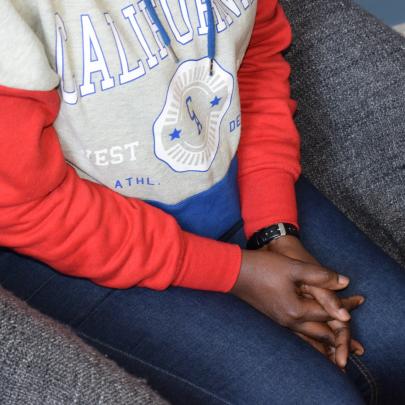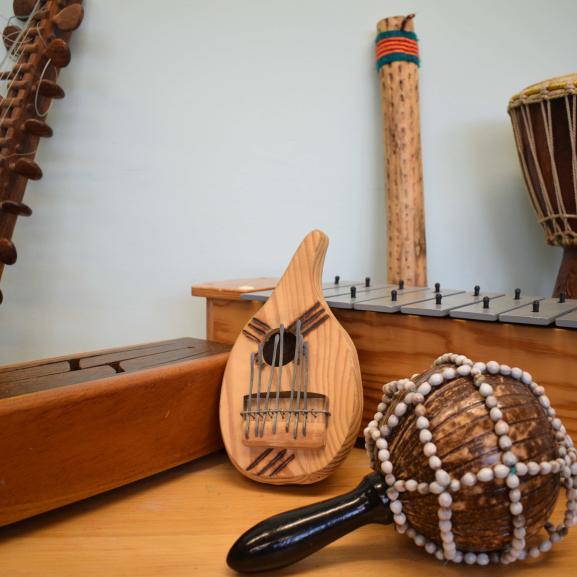Maps and Therapy
It may sound surprising that something as little as a map can make a difference, but I’ve seen it be a turning point for many people who have survived torture.
I’ve been a therapist at Freedom from Torture for twenty years. Every day I see people who, even though they have found physical safety in the UK, are unable to move on because of their mental scars.
One man, Ibrahim, relived his torture in terrifying nightmares every night. He saw his torturers, forcefully dragging him away to abuse. He would wake, bathed in sweat, his heart pounding, and convinced that he was back in a grimy prison cell. He would tell me how he screamed for help in the middle of the night.
Nightmares and flashbacks are common for people like Ibrahim. Just leaving the front door to go food shopping can bring on extreme anxiety; a noise can spark a memory and start a panic attack.
But, as therapists, we can help. With panic attacks and night terrors, you must help someone come back to the safety of the present moment. In therapy, we call this grounding.
For Ibrahim, it worked. It helped remind him that his torturer wasn’t here in the UK. They were in the past; in another country. Now, here in this moment, he is safe.
For Ibrahim, I suggested he keep a map of where he lived by his bed and look at it whenever he woke up, terrified, in the middle of the night.
For Ibrahim, it worked. It helped remind him that his torturer wasn’t here in the UK. They were in the past; in another country. Now, here in this moment, he is safe.
Before coming to therapy, many torture survivors have never fully told anyone all the details about their experiences. It’s simply too painful. Confiding in a person they trust, like their therapist, helps to break this silence and helps them begin to deal with their trauma.
For Ibrahim and others like him, therapy is often the first time they begin to discover the tools that enable them to start their journey to recovery.
Thank you for all you do to support our work!
-Fenik Adham
Therapist, Freedom from Torture





